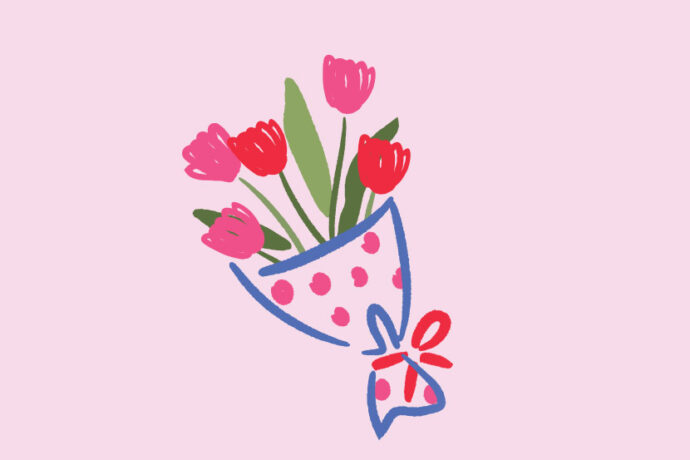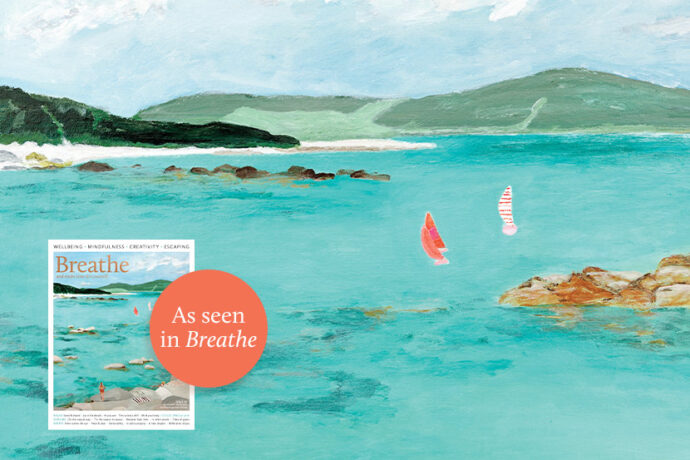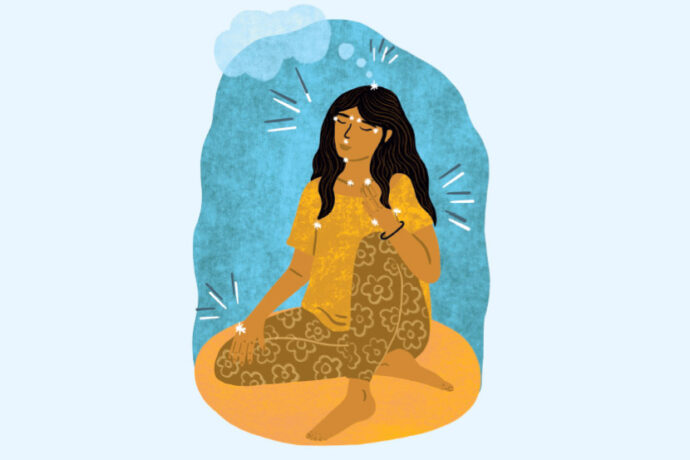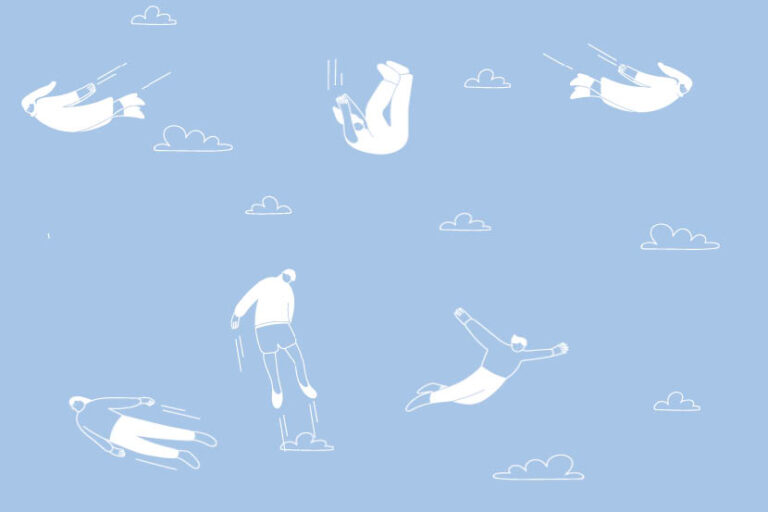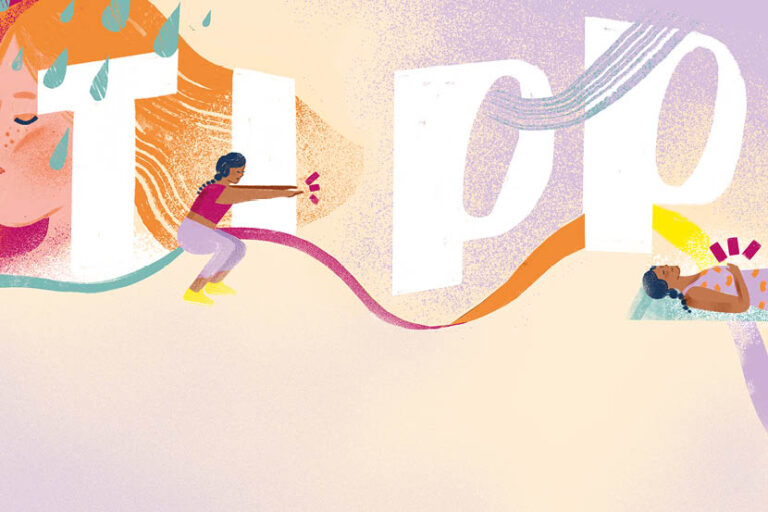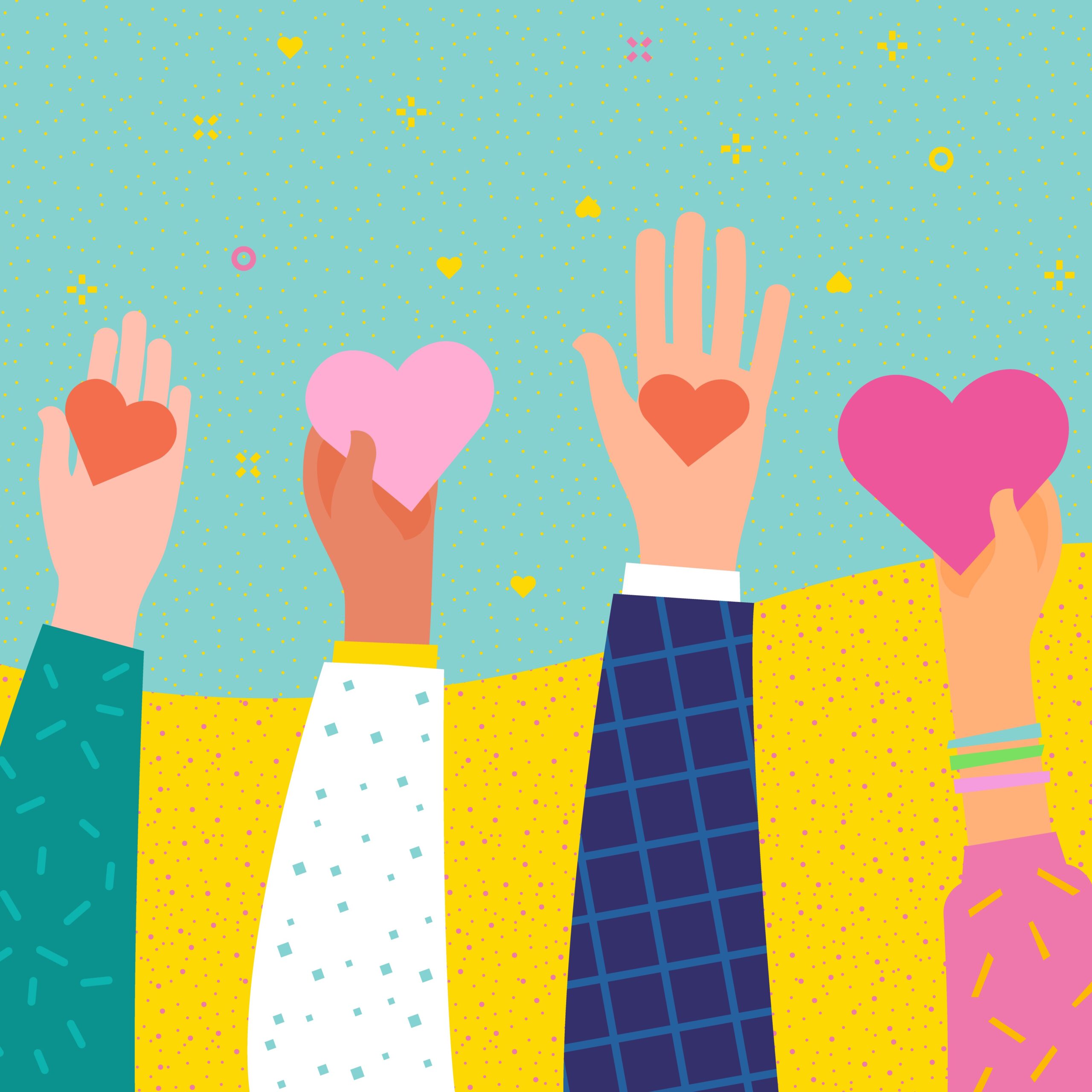
Believing what people tell you isn't always a bad thing
The other day I heard about a woman who’d spun an elaborate series of lies and was accused of conning a friend out of $60,000. The story was accompanied by the opinions of others who had known the now-much-poorer casualty and their words were full of condemnation – but not for the con artist. ‘How could anyone be so naive as to believe her?’ they asked, reserving their horror not for the scammer, but for the person who had been unable to sift truth from lies.
Naivety’s an inadequate state, apparently. We’re supposed to be with the program, to distinguish a fake from a genuine pal, to be adept at recognising the way the world works. It’s the reason people admit to being gullible as if it’s an act of shame. Being less than astute is enough to put you in firing line of questioning and accusation from the crowd. Yet who are we to throw stones, even at ourselves? Because whatever our depth and breadth of experience, everybody is capable of being wide-eyed.
The most cynical person on the planet can be misled, even if they’d never admit to it. Nobody’s that sharp, whatever their manner may suggest. The taboo around credulity only suggests that deep down it’s known we still have potential for a childlike, open, all-too-human heart.
I used to be ashamed of my naivety, once it was exposed to daylight. The wallet stolen, the lies believed. I’ll know better in future, I would tell myself, imagining I’d learned my lesson.
Perhaps that’s so, perhaps not. The truth is, maybe I’ll be taken in by other lies and lose my money once more – and so, rather than self-condemnation, I’ve realised that the problem isn’t guilelessness, but that the world is sometimes more broken than innocence allows. It was only when I began to take pride in artlessness that I realised its strength. Because pretending to know it all means that a closed heart will never crack open to new adventures – and I don’t want an imperfect world to shut down that possibility.
Let’s start by admitting we’re all naive, whatever our experiences of the world. Then let’s be proud of that because it gives us the potential for open-hearted love. And yes, there’s risk, of course. But surely a life without risk is no life at all.
HOW TO HOLD YOUR HEAD UP HIGH
- Firstly, acknowledge that we’re all capable of being misled.
- If you are deceived, remember it’s not your fault, but a result of a sometimes-broken world.
- Make a vow to remain open-hearted, with a belief in others’ pure intentions.
- Notice when that pledge gives you positive returns, however small they might be.
- Minimise the negative effects of innocence, and maximise the wonderful.
- Praise your bravery for taking pride in naivety, rather than hiding it beneath a sophisticated veneer.

